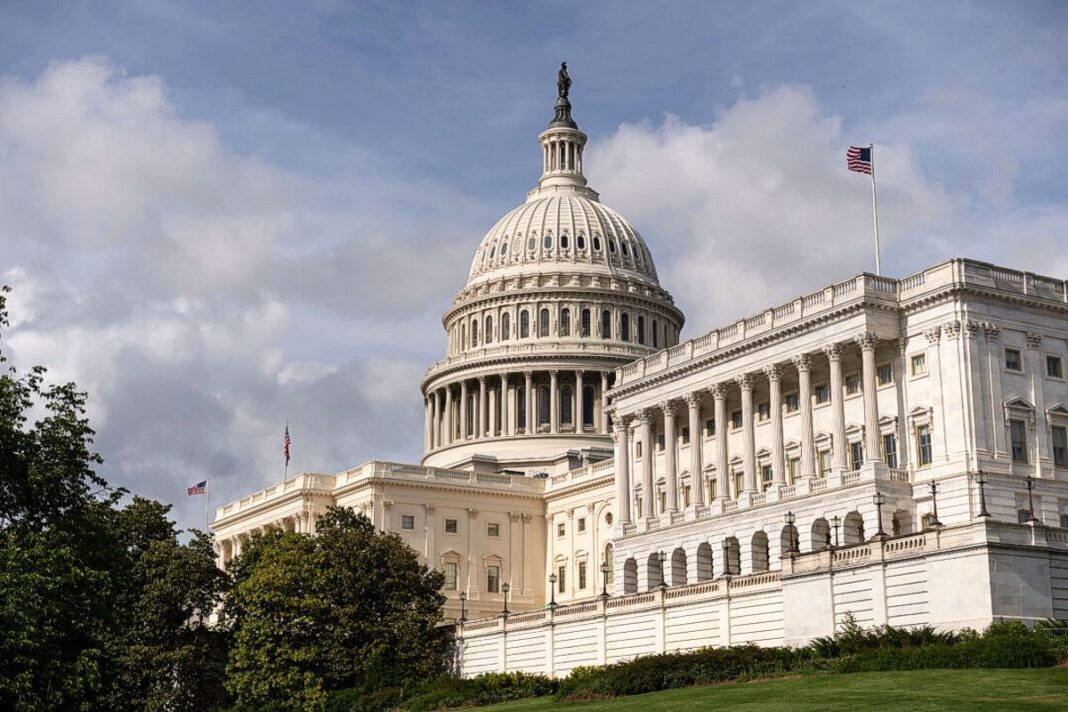The reconciliation budget has hit a rough patch in the House as moderate and conservative Republicans fight for differing priorities.
WASHINGTON—Republicans were dealt a major blow on May 16 when the House Budget Committee failed to advance a multi-trillion-dollar budget package.
Created through a process that does not require support from Democrats, the package would fund President Donald Trump’s agenda items on the border, energy, and more while making permanent the tax cuts passed during his first presidency. It would also raise the debt ceiling to $4 trillion.
House Speaker Mike Johnson’s Memorial Day deadline to advance the package looked to be in jeopardy after the May 16 vote. Throughout the morning, House Majority Leader Steve Scalise negotiated with conservative Republican holdouts concerned about the bill’s level of spending—and Trump complained on Truth Social of “‘grandstanders’ in the Republican Party.”
The bill failed in the Budget Committee on a 21 to 16 vote. Five Republican members—Reps. Chip Roy (Texas), Josh Brecheen (Okla.), Andrew Clyde (Ga.), and Ralph Norman (S.C.)—voted against the legislation. Rep. Lloyd Smucker (R-Pa.) said he supports the bill but voted against it as a tactical move to allow the committee try to advance it again. The committee will reconvene on May 18.
To be clear—I fully support the One Big Beautiful Bill (OBBB). My vote today in the Budget Committee is a procedural requirement to preserve the committee’s opportunity to reconsider the motion to advance OBBB.
— Rep. Lloyd Smucker (@RepSmucker) May 16, 2025
The result is a hiccup in the process known as reconciliation, which could let Republicans pass the bill with their slim Senate majority without being thwarted by a filibuster.
But reconciliation is governed by stringent rules, including the Byrd rule. That rule requires the bill’s provisions to have some connection to the budget. Reconciliation bills also cannot increase the federal deficit after 10 years. That means permanent spending increases must be offset by cuts—a concern raised by budget hawks like Norman.
Here are four big reasons why the reconciliation bill has stalled.
SALT
SALT stands for state and local taxes. For some blue state Republicans, the current impact of those taxes is a big concern.
New Jersey, California, and New York, hotbeds for SALT Republicans, have some of the highest state income taxes in the country, as well as comparatively high property taxes or property values.
By Arjun Singh and Nathan Worcester






